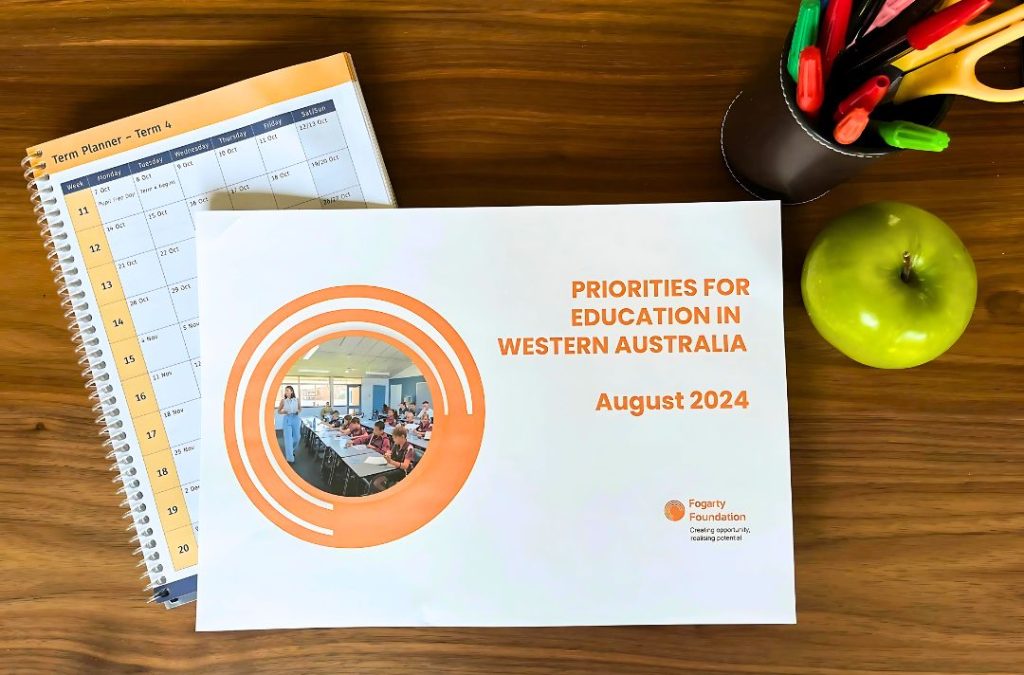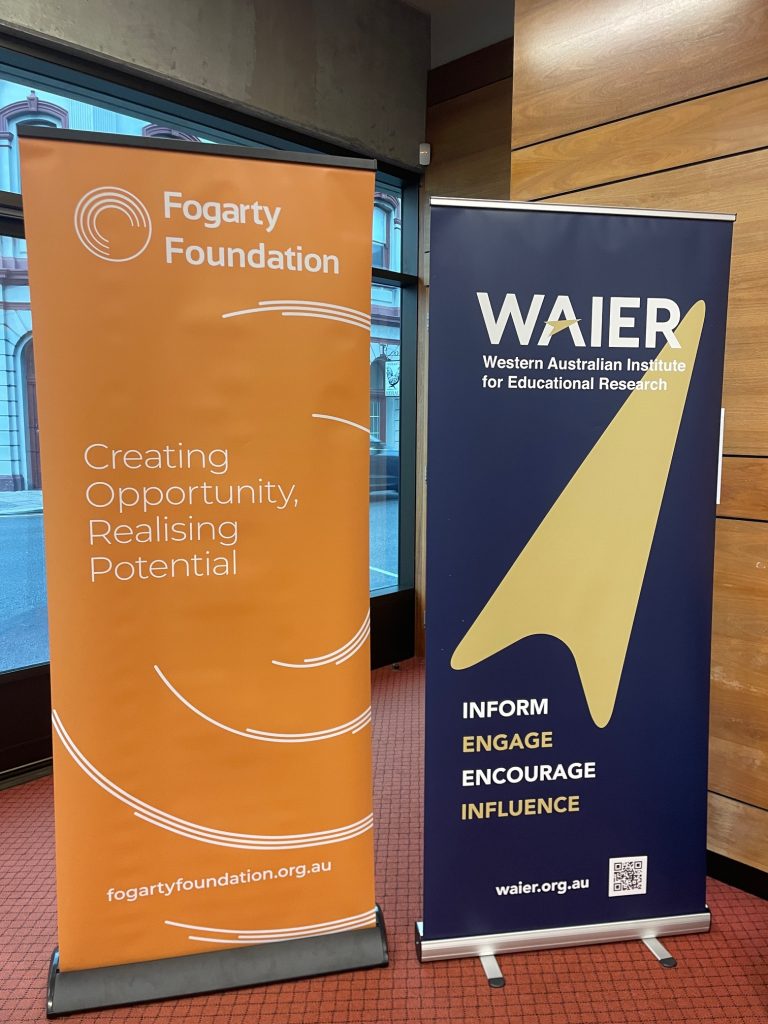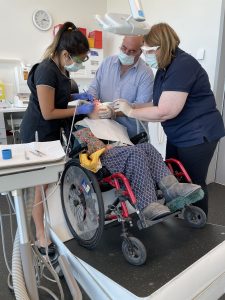Spreading success: Why Australia needs multi-school organisations

Grattan Institute Research
Since its inception, the Fogerty Foundation has recognised the challenges confronting Australia’s – and Western Australia’s – education system. With over 800 schools dispersed across the state, a significant portion, if not all, are struggling to keep pace with the evolving demands of modern education. New research from the Grattan Institute sheds light on these challenges and shows how a different way of organising schools could help each meet the demands of modern education.
This stark reality underscores a fundamental truth: the conventional approach of treating each school as an isolated ‘island’ is no longer viable. Operating individually, these schools lack the collective strength and resources necessary to navigate the complexities of contemporary education. They exist as separate entities, in a sea of challenges, many which are distant from effective collaborative networks or support systems which are enablers for improvement.
In response, a paradigm shift is imperative. Grattan recommends we must move beyond ‘island’ schools and presents the concept of Multi-School Organisations (MSOs) as the answer. An MSO is a concept that aims to improve education outcomes by creating strong networks of schools. Introducing MSOs would help respond to the challenges facing WA’s schools. By uniting clusters of schools under unified leadership structures, MSOs provide the organisational coherence needed to drive meaningful change. They strike a balance between individual autonomy and centralised oversight, fostering collaboration, resource sharing, and collective problem-solving. The Grattan Institute’s research underscores the potential of MSOs as a catalyst for school improvement. By harnessing the collective strength of multiple schools, MSOs can leverage resources more effectively, share best practice, and provide targeted support where it is most needed. This collaborative approach is essential for breaking down barriers to progress and ensuring equitable access to quality education for all students in our state.
Why is this new model worth contemplating? In research done in 2015, a long-standing member of our Board of Trustees, Emeritus Professor Bill Louden AM found that ‘stable, long-term leadership and explicit school improvement plans were aspects which high performing primary schools had in common’. It is hard to find an exceptional leader to stay long-term in every school in the state. MSOs could help. They give new principals a softer landing, and provide a secure leadership base, so positive transformations that begin under one principal are seen through under successive principals.
In 2012 the Fogarty Foundation introduced Fogarty EDvance, a program dedicated to evidence-based professional development for school leadership teams and fostering connections among educators within cohorts. The primary goal was to cultivate a culture of learning and support, where school leaders could glean insights from one another and provide mutual assistance, whilst developing and implementing a comprehensive plan for whole school improvement. By participating in the Program, these groups offer each other a supportive framework wherein they can exchange knowledge, teaching methods, and confront challenges together. Fogarty EDvance, now comprising almost 150 schools from low socio-economic communities, indirectly incorporates many components of the MSO framework, enabling positive transformations – and improved educational outcomes – to be achieved in challenging school contexts.
The Fogarty EDvance School Improvement Program operates on the principle of being driven by the needs and contexts of individual schools and their leaders, ensuring adaptability and relevance. It empowers school leaders to review the evidence of their school’s effectiveness, to pinpoint effective practices and integrate them into their educational settings to address the issues identified, in order of priority. EDvance believes in the transformative power of strong leadership, recognising it as the linchpin for successful whole-school improvement strategies, particularly in fostering high-impact teaching practices. Through professional development and collaborative networks, the Program acts as a catalyst for innovation, collaboration, and greater effectiveness in education.
However, while MSOs offer great promise, they are not an instant remedy. To realise their full potential, MSOs must be supported by robust regulatory frameworks and rigorous evaluation mechanisms. Governments, education authorities, and stakeholders must collaborate to establish mechanisms that hold MSOs fully accountable for their performance and ensure they deliver on their promise of improved outcomes for all students. These efforts should be supported by embedding the common provision of relevant services, allowing teachers and leaders to focus on their core responsibilities at the school site.
The recommendations from the Grattan Institute underscore the importance of trialing Multi-School Organisations (MSOs) across different players in the education system; state, catholic and independent. We support the Grattan recommendation that trials should be led by state and territory governments, with funding and regulatory support from the federal government, as, with all significant reforms, a partnership approach will be needed. By embracing MSOs, Western Australia can nurture greater collaboration, innovation, and excellence, leveraging its high performing schools and leaders, to enhance educational outcomes for all students.




